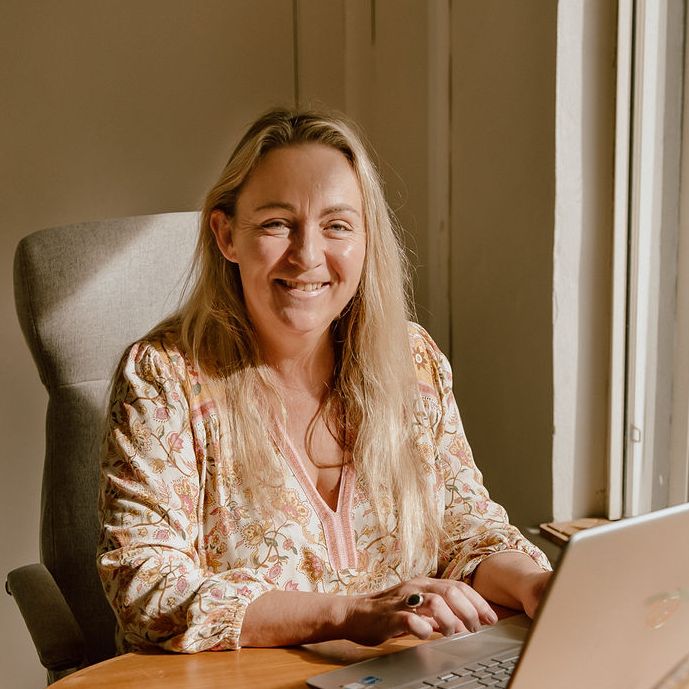
It's Not Black and White
Sep 26, 2025Before we start…. I know not everyone will agree with me on this, and that is OK. In my experience and in my opinion, this is an important conversation to have, so let’s go.
When Literacy and Language Become a Barrier to Telling the Story, that is not OK.
When I first started working in early education and care, I was struck by the incredible variety of people who come into this sector. I’ve met educators who bring songs from their childhood, who know how to comfort a child just by being near them, who can turn a rainy day into an adventure by joining in with the children in raincoats and bare feet.
But I’ve also noticed another side of things. In staff meetings, Facebook groups, or professional development opportunities, there’s often this heavy focus on literacy. How we write our reflections. How polished our documentation looks. Whether our stories “look or sound professional.”
One scenario comes to mind instantly. I was delivering a practice-based coaching session and was having the most wonderful reflective conversation with a trainee that had been flagged as not willing or able to critically reflect. She was so animated and passionate in our conversation, considering my viewpoints and deeply thinking about how these may integrate into her way of engaging with children. After 15 minutes of discussion, I commended her on her brilliant reflection and suggested that she write them down in dot points in the communal team reflective diary. Instantly she froze, tears welled, and she explained that her dyslexia made her feel insecure about her spelling and grammar, she didn’t think she was good enough to contribute.
Another scenario, I was attending a conference that was celebrating the amazing work happening by Aboriginal Educators in Aboriginal communities. There were 2 Aboriginal women on the stage, they had a support person who was acting as their spokesperson. For these 2 Educators, the English language was their second or third language, their traditional languages were their general form of communication in their communities. When asked directly some questions about their practice they deferred to the spokesperson saying “shame… not good English” and would tell the spokesperson their stories (in broken English that I could understand) for the spokesperson to then relay in ‘proper’ English.
The truth is the emphasis on literacy and language sometimes drowns out the voices we most need to hear. We risk making brilliant educators feel small because their sentences aren’t perfectly structured. And when people start holding back their thoughts out of fear of being judged for their writing or the way they speak, we all lose out—because their perspectives never get shared. The ability to write or speak the English language perfectly should never stop us from telling the story…. It is the story that is important.
I think it’s time we gave ourselves and others permission to reflect in ways that truly fit who we are. For some, that might still be a written journal. For others, it might be a recorded conversation with a teammate, a photo diary (not of children of course!!), or even a mind‑map on the wall. And to be forgiving for those people for who the english language is not their superpower.
Because when we reduce reflection and storytelling to a test of literacy and language, we’re not creating a more professional workforce—we’re just silencing voices. And some of those voices belong to educators with incredible wisdom, creativity, and care.
At the end of the day, most families don’t remember whether we used the right vocabulary in our reflections. (To be honest English isn’t a lot of families first language, or if it is it doesn’t mean their literacy levels are perfect either!!) They remember the way we noticed their child, the way we celebrated their achievements, the way we helped them feel safe and understood.
And maybe that’s the reminder we need: that storytelling is about connection, not perfection.
Something to think about…..
One of the amazing opportunities we have as Educators it to think about things, integrate new ideas… and maybe do things differently in the future. We do not have to beat ourselves up about things we now know we could have done better in our practice (I have the biggest list in the world, ask me some time!). Generally, we do the best we can with what we have. I hope this blog challenges you to think about the ways we can support each other to tell our stories, however that looks or sounds, without judgement.
